It will be a sight for sore eyes on Sunday when leaders of the two main parties lay their wreaths at the cenotaph. Prime Minister Boris Johnson leads a government that last month failed to include legislation in the Queen’s Speech to protect military veterans from prosecution; Jeremy Corbyn’s close and long associations with the IRA are well-documented.
Meanwhile, shadow chancellor John McDonnell has been out and about this week with his poppy, no doubt hoping the nation has forgotten what he said in 2003 at an event to mark the death of IRA hunger striker Bobby Sands.
‘It’s about time we started honouring those people involved in the armed struggle,’ he told his audience. ‘It was the bombs and bullets and sacrifice made by the likes of Bobby Sands that brought Britain to the negotiating table. The peace we have now is due to the action of the IRA.’
Bombs such as the one that killed 18 British soldiers at Warrenpoint in 1979 and eleven Royal Marines bandsmen at Deal ten years later.
Such cant encapsulates how meaningless the wearing of a poppy has become.
Remembrance Sunday is an anomaly in our culture. For much of the year, self-appointed guardians of virtue vilify – in the manner of Jo Swinson, the Lib Dem leader who recently bemoaned ‘white men stuck in the past’ in relation to the Brexit withdrawal bill – ageing white males only to become touchingly sentimental about them in early November. But for how much longer?
Witness, for example, the extraordinary admission last year of the BBC’s favourite military historian, Dan Snow, who explained in an interview that he lied to his daughters about the fact there were no female pilots in the Battle of Britain to shield them from what he called the ‘realities of pre-20th-century gender relations’.
Then there’s the attitude of the Royal British Legion, which appears to believe Remembrance Sunday in its current format lacks diversity. ‘Remembrance is inclusive of all modern Britain and its important communities know their views and values are reflected in our activity,’ their assistant director of remembrance, Robert Lee told the Guardian last month. ‘Remembrance paves the way for reconciliation, but it is up to each generation to find reconciliation for themselves, and the Legion upholds its place bringing people and communities together to have these important conversations.’
The Legion’s strategy to make Remembrance Sunday more inclusive is to apparently end the practice of honouring only the Armed Forces; as of this year we are to remember ‘innocent civilians who have lost their lives in conflict and acts of terrorism’.
Victims of terrorist attacks should be remembered, of course. And they are, with plaques, monuments and memorial services. But the poppy and Remembrance Sunday should be reserved for those men and women who, for years, served their country.
This was the Royal British Legion’s position last year, when it said it ‘advocates a specific type of Remembrance connected to the British armed forces’. So why the change?
The tragedy is that a strong and assertive Legion is needed more than ever in the face of a political class shirking its responsibilities to its veterans (with the honourable exception of Johnny Mercer).
One of Boris Johnson’s predecessors, David Cameron, was accused in 2011 by the Legion of reneging on a promise to set in law a military covenant between the nation and its armed forces.
And last month, a decorated Army major warned the Tories they could lose the votes of the estimated two and a half million military veterans if the party didn’t show some backbone in defending them against claims of historic abuse.
The indifference of the political class to its military veterans is nothing new. When two and a half million men returned from the First World War with disabilities of varying degrees their pensions were ‘costed’ with bean-counter precision; 16 shillings a week for men missing a whole arm but 11 shillings and sixpence if the veteran had lost only his forearm. Those with invisible wounds – lungs corrupted by gas or minds unbalanced by shellfire – received the bare minimum and were forced to sell matches and bootlaces on street corners.
One might be tempted to attribute this institutional callousness to class but officers have also suffered. Lieutenant Robert Lawrence of the Scots Guards lost half his head during the battle for Mount Tumbledown in the Falklands War; in an interview in 2007 he spoke eloquently of his treatment and expressed his concern that lessons hadn’t been learned. ‘The Government has a duty to train and equip service people properly and a duty of care to those who risked their lives,” he said. “But the Government doesn’t seem to feel bound by that duty – either to Falklands veterans or to those serving in Afghanistan and Iraq.’
Those soldiers fighting in the Middle East in 2007 are themselves now veterans, but it was reported last month that they, too, have been neglected by the government. ‘The medical discharge process is seriously failing those who are let down by major inconsistencies in support’, said Mel Waters, CEO of Help for Heroes.
There can’t be many Western governments that have such a poor track record of supporting their veterans, morally and financially, as Britain’s.
Yet on Sunday, Britain’s politicians will be wearing their solemn faces along with their poppies as they lay their wreaths at the cenotaph. And then it will be back on the campaign trail and the search for the next virtue to signal.
Got something to add? Join the discussion and comment below.
Get 10 issues for just $10
Subscribe to The Spectator Australia today for the next 10 magazine issues, plus full online access, for just $10.


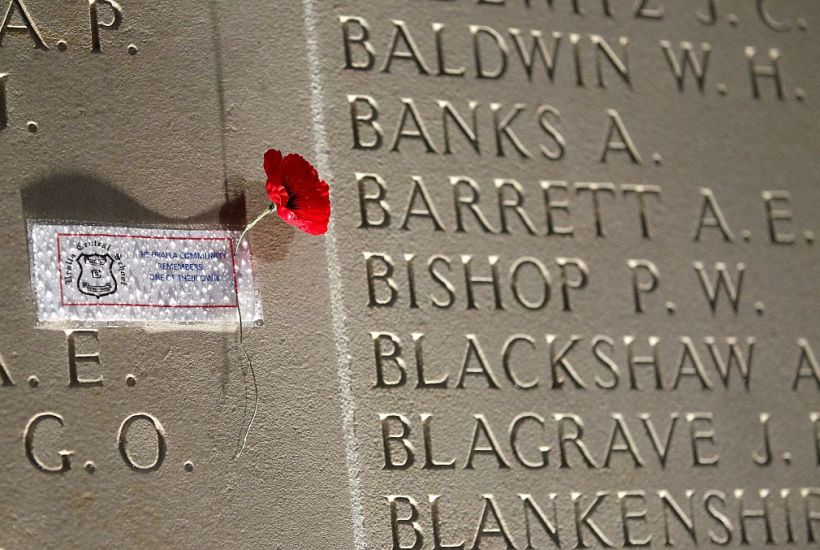
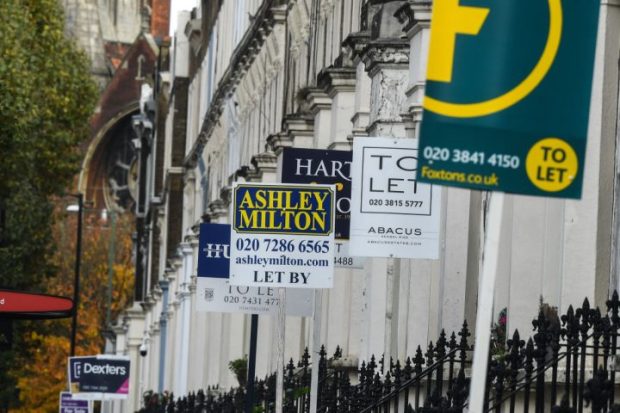

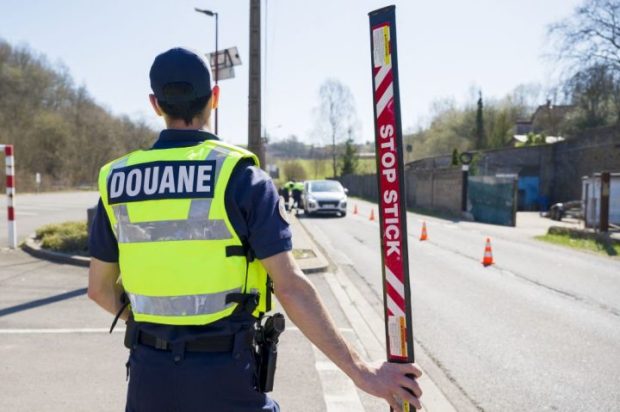
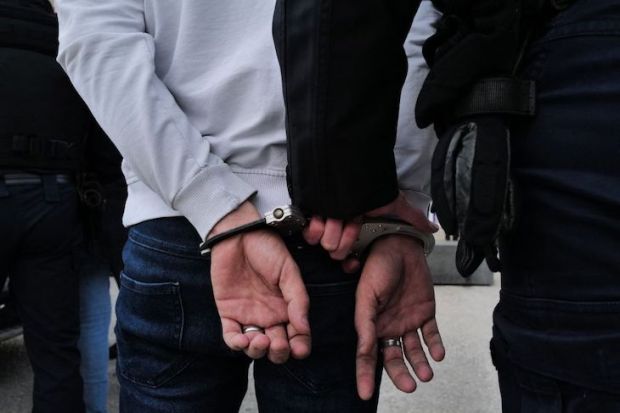
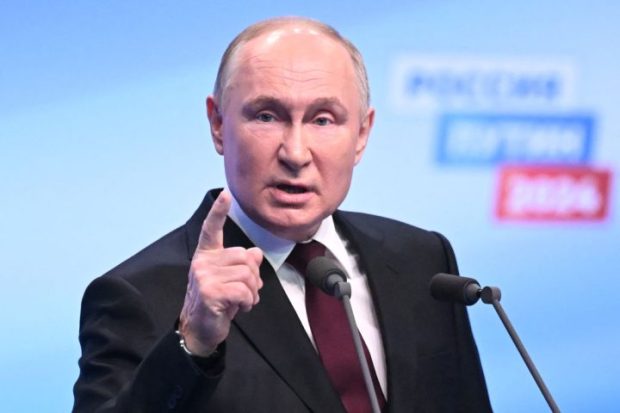
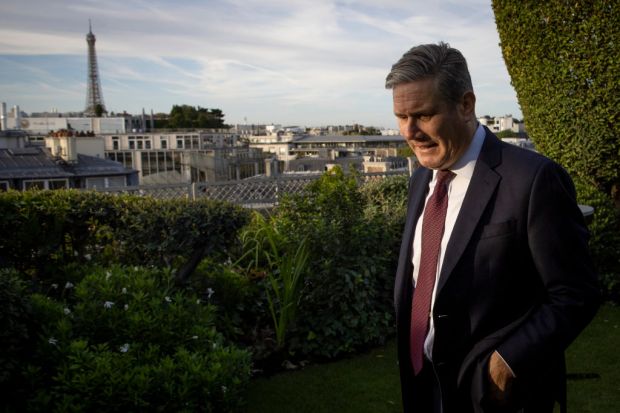












Comments
Don't miss out
Join the conversation with other Spectator Australia readers. Subscribe to leave a comment.
SUBSCRIBEAlready a subscriber? Log in